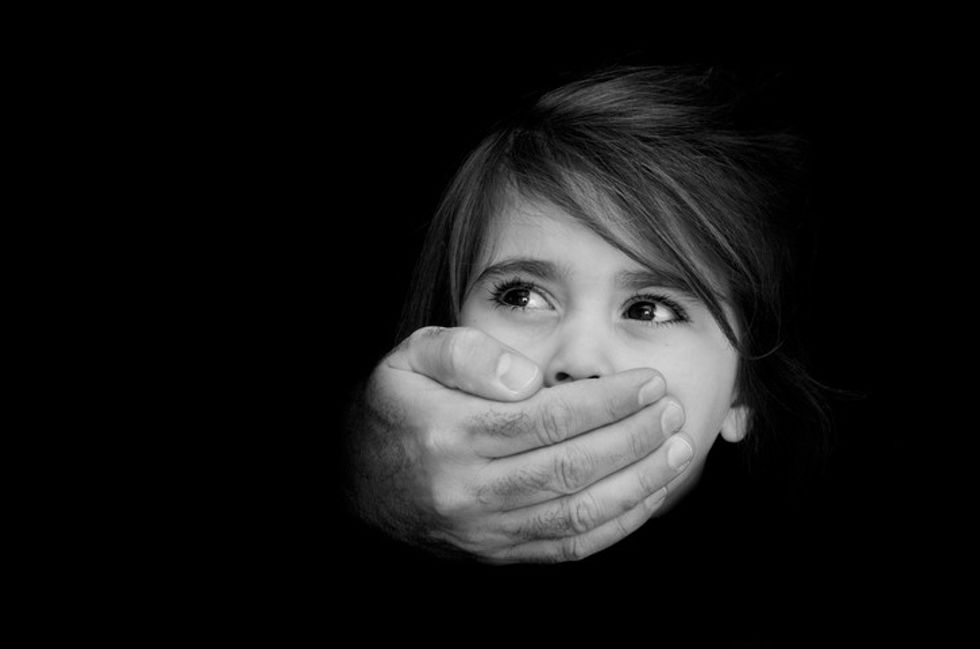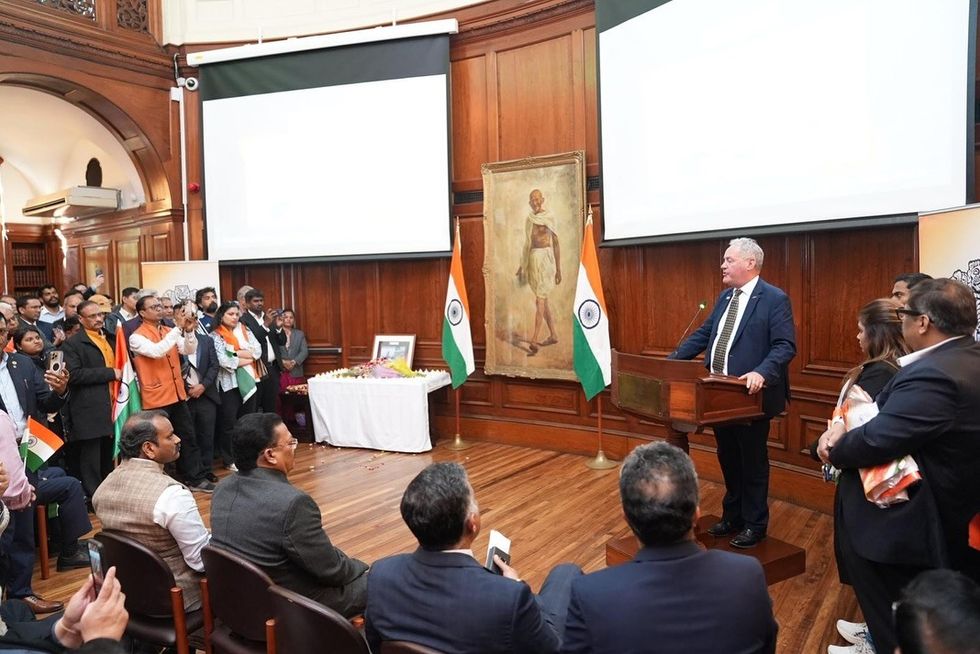A NEW report has revealed that local authorities and police forces are struggling to keep pace with the changing nature of sexual exploitation of children by networks.
- According to a report by the Independent Inquiry into Child Sexual Abuse, children are being sexually exploited by networks in all parts of England and Wales in the ‘most degrading and destructive ways’.
- Many exploited children are raped or sexually assaulted repeatedly, over a period of months or even years, it added.
- The report further said that it has become more of a hidden problem and are being increasingly underreported.
- The inquiry found out that perpetrators are finding new ways, including through mobile phones, social media and dating apps, to groom and abuse younger children.
In England, in the year to March 2018, child sexual exploitation was identified in 3,160 assessments for children in care. This equates to 16 per cent of all the assessments which identified child sexual exploitation.

“The sexual exploitation of children by networks is not a rare phenomenon confined to a small number of areas with high-profile criminal cases. It is a crime that involves the sexual abuse of children in the most degrading and destructive ways, by multiple perpetrators," said Prof Alexis Jay, chair to the Inquiry.
“We found extensive failures by local authorities and police forces in the ways in which they tackled this sexual abuse. We make six recommendations which when implemented, we hope will address more effectively child sexual exploitation by organised networks.”
The recommendations include strengthening the criminal justice system’s response by amending legislation to provide a mandatory aggravating factor in sentencing those convicted of offences relating to the sexual exploitation of children.
The department for education and the Welsh government should update guidance on child sexual exploitation. This should include the identification and response to child sexual exploitation perpetrated by networks and improve the categorisation of risk and harm by local authorities and other institutions, the report said.
It urged Police forces and local authorities in England and Wales to collect specific data – including sex, ethnicity and disability – on all cases of known or suspected child sexual exploitation, including by networks.
The report focused on St Helens, Tower Hamlets, Swansea, Durham, Bristol and Warwickshire, six case study areas that have not already been the subject of well-publicised investigations of child sexual exploitation by networks, a statement said.
During the public hearing, the Inquiry heard evidence of child sexual exploitation by networks, including evidence in relation to more than 30 children and young people and the institutional response to exploitation of them, as well as victims and survivors, who described their experiences between 2003 and 2011.




















 Bob Blackman MP speaks during the event
Bob Blackman MP speaks during the event